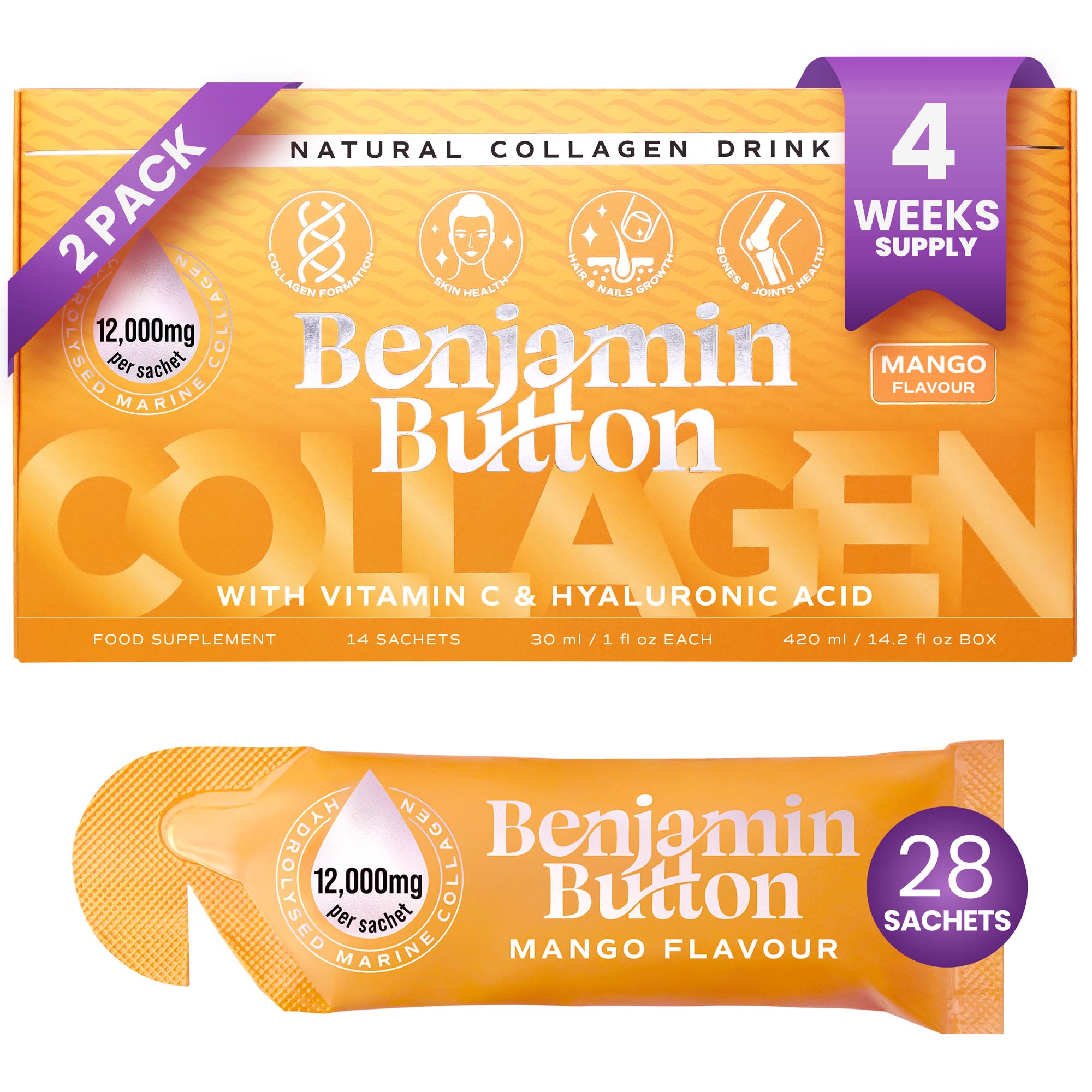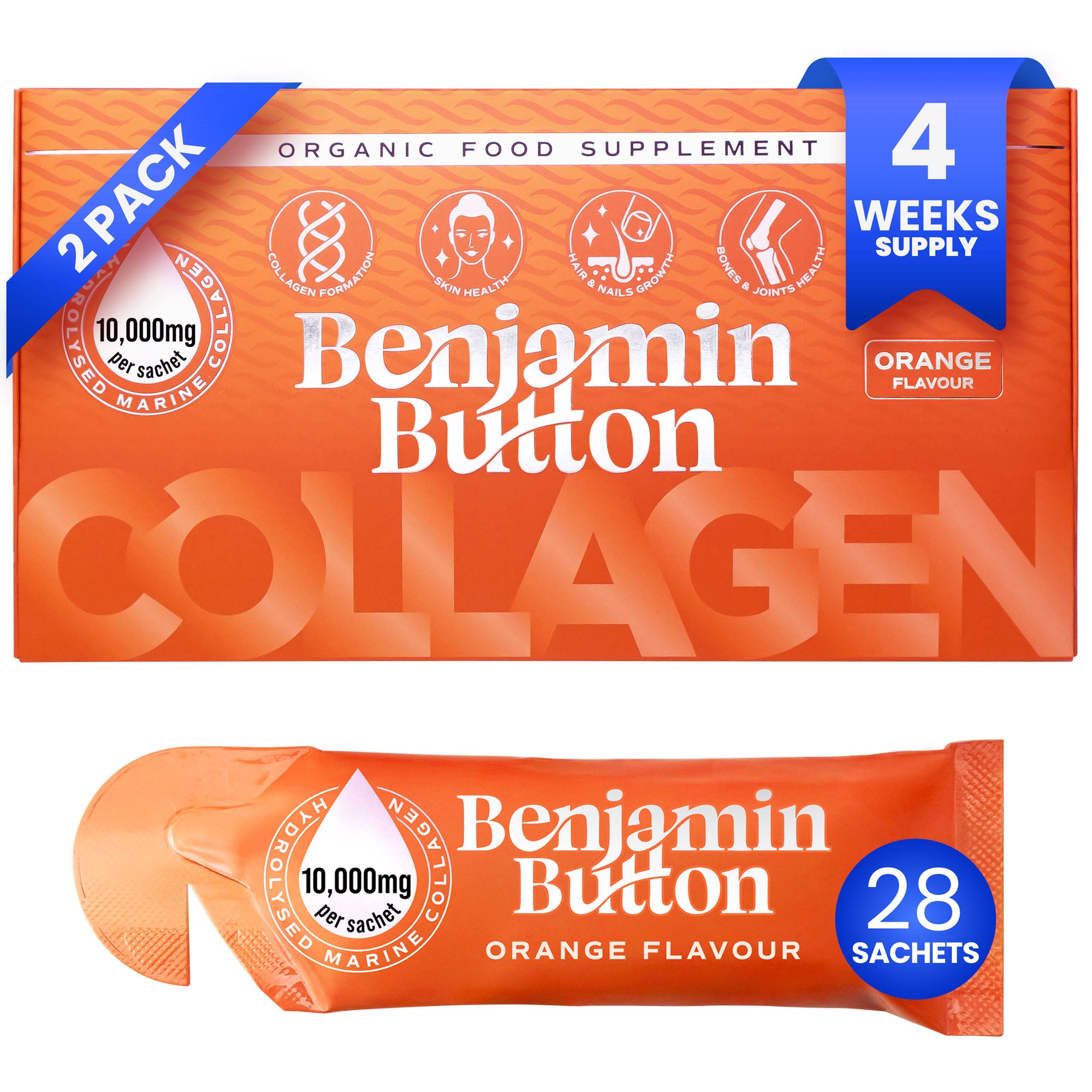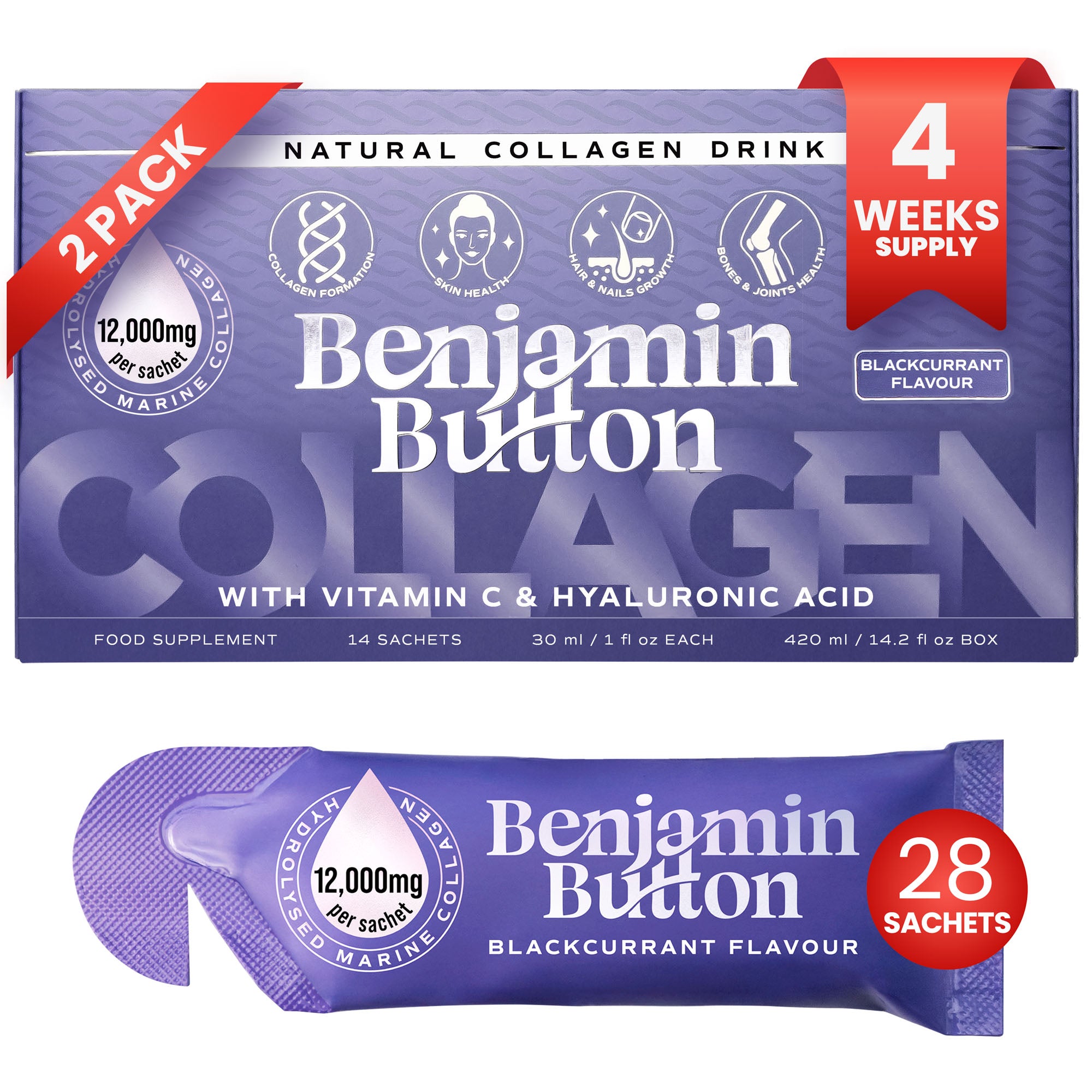Can Collagen Cause Constipation? Everything You Need to Know
Understanding the intricate relationship between collagen and digestive health can be complex, yet it’s an essential discussion for anyone considering collagen supplementation. While many ask, can collagen cause constipation?, the truth lies deeper in understanding how our bodies react to various supplements. When we talk about the potential for gastrointestinal discomfort, it’s critical to consider factors like hydration, the quality of collagen products, and how each individual uniquely processes these nutrients. Embracing a holistic approach can provide clarity—pair collagen with enough water, ensure you are choosing high-quality products, and listen to your body’s responses. Read on to grasp these nuances and empower your wellness journey with informed choices that support your digestive comfort.Complementing Collagen with Hydration for Digestive Ease
In addition to considering can collagen cause constipation, it’s vital to focus on how hydration works synergistically with collagen supplementation. Adequate water intake can not only enhance digestion but also optimize the absorption of collagen, providing you with its full benefits. Here are some tips to ensure you're supporting your digestive health:- Drink Plenty of Water: Make sure to drink at least 8 glasses of water daily, especially when taking collagen supplements, to aid in digestion.
- Incorporate Hydrating Foods: Adding foods with high water content, like cucumbers and watermelon, can boost hydration levels and enhance digestive efficiency.
- Notice Your Body's Signals: Pay attention to how your body responds after introducing collagen into your routine. Adjust your fluid intake accordingly to prevent any discomfort.
Further Insights on Individual Reactions to Collagen
Each person may experience variable reactions when introducing collagen into their diets, and understanding these can help clarify the question of can collagen cause constipation? Here are some critical aspects to consider:- Potential Dietary Changes: If you are altering your diet alongside collagen supplementation, consider how these changes may also affect digestion.
- Timing of Intake: Some find that taking collagen on an empty stomach may enhance its effects, while others may prefer it with meals—finding what works for you is key.
- Gut Health Awareness: Being mindful of your overall gut health can guide your collagen consumption—those with pre-existing digestive sensitivities should approach with caution.
The Bottom Line on Collagen Supplementation and Digestive Health
In conclusion, the conversation surrounding can collagen cause constipation? opens up a myriad of considerations, from product quality to hydration strategies. When opting for top-tier collagen solutions like Benjamin Button, you arm yourself with the tools for optimal wellness. Remember that success in wellness is an individualized journey—prioritize hydration, advocate for high-quality products, and stay attuned to your body’s unique signals to ensure your collagen supplementation experience is nothing short of transformative. Embrace beauty and health with informed decisions, creating a vibrant, healthy lifestyle that resonates deeply with you.Can Collagen Supplements Lead to Constipation? Unveiling the Facts
When discussing the potential side effects of collagen supplements, a common concern that arises is whether collagen can cause constipation. Navigating this topic requires a clear understanding of how collagen interacts with our digestive system and the various factors influencing gut health. Oftentimes, misconceptions stem from overlooking critical aspects such as hydration and individual responses to supplements. For a deeper dive into collagen’s role in digestion, don't miss out on this informative article on the benefits of collagen for digestion.The Role of Collagen in Digestive Health
Collagen, a key protein in our bodies, is prevalent in our skin, connective tissues, and even our gastrointestinal tract. Its significance in maintaining gut integrity cannot be overstated. Therefore, any suggestion that collagen could lead to constipation warrants careful examination.Exploring Collagen and Constipation
Several variables can contribute to digestive discomfort, including our diets, hydration status, and the type of collagen supplement consumed. To determine if collagen may be responsible for constipation, consider the following factors:- Hydration Levels: Collagen doesn’t inherently cause constipation; however, taking collagen supplements without sufficient water intake can lead to digestive troubles.
- Quality Matters: The formulation of collagen products varies across brands. Inferior-quality supplements may contain fillers or additives that could negatively affect digestion.
- Personal Reactions: Each individual’s body may respond differently to supplements. While some might see changes when adding collagen to their routine, it’s crucial to monitor personal digestive reactions. For additional insights, you might explore the side effects of collagen supplements.
Spotlighting Benjamin Button Collagen
In the crowded landscape of collagen products, Benjamin Button emerges as a superior choice. This product excels with its emphasis on high absorption rates and optimal nutrient combinations.What Makes Benjamin Button Collagen Exceptional?
- 10,000mg Hydrolysed Marine Liquid Collagen: Each serving boasts a remarkable concentration that bolsters skin hydration and elasticity while supporting gut health and overall vitality.- Delicious Flavours: Available in enticing mango, orange, and blackcurrant flavours, Benjamin Button makes collagen supplementation an enjoyable experience.
- Infused with 60mg of Vitamin C: This essential nutrient enhances collagen production in the body while offering antioxidant benefits, further promoting digestive well-being.
- Sodium Hyaluronate Inclusion: This ingredient works alongside collagen, enhancing joint health and skin hydration, whilst also contributing positively to gut integrity.
- High Absorption Rate: The liquid format ensures up to 95% absorption within just 30 minutes, guaranteeing maximum efficacy compared to traditional pills or powders that may take longer to digest. This rapid absorption is particularly advantageous for those concerned about gastrointestinal effects.
Comparing Benjamin Button with Other Collagen Products: Why It Stands Out
When tackling the question of whether collagen supplements can cause constipation, it's crucial to consider the variety of products available. Many alternatives on the market lack the specialised absorption and beneficial ingredients found in Benjamin Button.- Risk of Digestive Issues: Some collagen supplements may contain additives or fillers that could potentially result in adverse digestive reactions. In contrast, Benjamin Button focuses on pure marine collagen, optimised for absorption, aiding in maintenance rather than hindrance of digestive regularity.
Final Thoughts: Choosing the Best in Collagen Supplementation
The question, can collagen lead to constipation?, invites a deeper investigation into the characteristics of the collagen supplements we select. While some may experience digestive changes, the key often lies in choosing a premium product like Benjamin Button. By prioritising a supplement that ensures maximum absorption and includes additional beneficial ingredients, you can elevate your wellness routine while minimising the potential for constipation. Embrace the remarkable benefits that Benjamin Button collagen offers—an advanced and innovative approach to enhancing your health and beauty regimen. Experience your wellness journey with confidence, knowing that Benjamin Button provides superior collagen support while promoting vitality and digestive comfort—one delicious sip at a time.FAQ: Can Collagen Cause Constipation?
1. Are collagen supplements linked to constipation? While no direct correlation exists between collagen and constipation, hydration levels, product quality, and individual responses can impact digestive health. Insufficient water intake combined with collagen supplementation may contribute to digestive issues, making hydration essential.2. How does hydration influence collagen consumption? Hydration plays a critical role when taking collagen supplements. Consuming collagen without ample fluids may lead to gastrointestinal discomfort or constipation, highlighting the importance of maintaining proper hydration while using collagen products.
3. What should I consider in a collagen supplement to minimise constipation risks? When selecting a collagen supplement, focus on the quality of the product. Look for high-quality sources such as Benjamin Button, known for its superior absorption and absence of additives that could disrupt digestion. Additionally, supplements fortified with essential nutrients like Vitamin C can also support overall digestive health.
4. Are all collagen products similar in their digestive effects? No, various collagen products differ in formulation. Some may contain fillers that may provoke digestive issues, such as constipation. Opting for a brand like Benjamin Button, which prioritises high-quality marine collagen, can mitigate such risks effectively.
5. How does Benjamin Button collagen compare with other collagen supplements? Benjamin Button collagen distinguishes itself with its high absorption rate and beneficial components like sodium hyaluronate and Vitamin C. This innovative formula supports both skin health and gut integrity, specifically designed for maximum nutrient uptake while reducing the possibility of gastrointestinal discomfort compared to other brands.





















